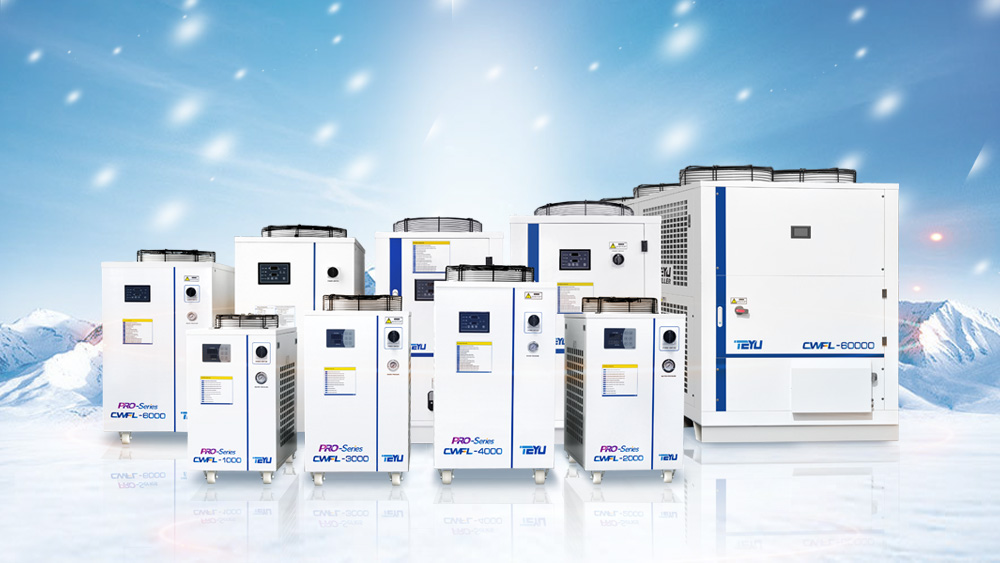Do you know what is antifreeze? How does antifreeze affect the lifespan of a water chiller? What factors should be considered when choosing antifreeze? And what principles should be followed when using antifreeze? Check out the corresponding answers in this article.
Common Questions About Antifreeze for Water Chillers
Q1: What is antifreeze?
A: Antifreeze is a liquid that prevents cooling fluids from freezing, commonly applied in water chillers and similar equipment. It typically consists of alcohols, corrosion inhibitors, rust preventatives, and other components. Antifreeze offers excellent freezing protection, corrosion resistance, and rust prevention while having no adverse effects on rubber-sealed conduits.
Q2: How does antifreeze affect the lifespan of a water chiller?
A: Antifreeze is an essential component of a water chiller, and its quality and proper use directly impact the equipment's lifespan. Using poor-quality or inappropriate antifreeze can lead to issues such as coolant freezing, pipeline corrosion, and equipment damage, ultimately shortening the service life of water chillers.
Q3: What factors should be considered when choosing antifreeze?
A: The following factors are essential when selecting antifreeze:
1)Freezing protection: Ensure it effectively prevents coolant from freezing in low-temperature environments.
2)Corrosion and rust resistance: Protect internal pipelines and laser components from corrosion and rust.
3)Compatibility with rubber-sealed conduits: Ensure it does not cause hardening or cracking of seals.
4)Moderate viscosity at low temperatures: Maintain smooth coolant flow and efficient heat dissipation.
5)Chemical stability: Ensure no chemical reactions, sediment, or bubbles form during use.
Q4: What principles should be followed when using antifreeze?
A: Adhere to these guidelines when using antifreeze:
1)Use the lowest effective concentration: Choose a lower concentration that meets freezing protection requirements to minimize performance impact.
2)Avoid prolonged use: Replace antifreeze with purified or distilled water when temperatures consistently exceed 5℃ to prevent deterioration and potential corrosion.
3)Avoid mixing different brands: Mixing different brands of antifreeze may cause chemical reactions, sediment, or bubble formation.
In cold winter conditions, adding antifreeze is essential to protect the chiller machine and ensure normal operation.


We're here for you when you need us.
Please complete the form to contact us, and we'll be happy to help you.









































































































